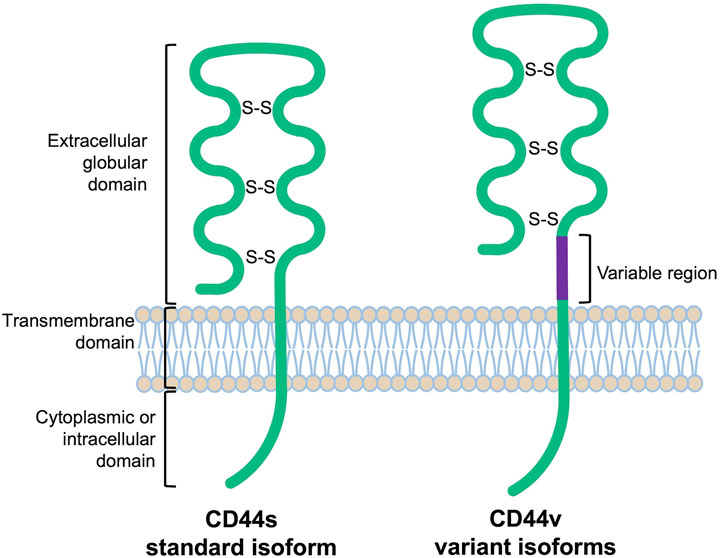Members of International Laboratory of Microphysiological Systems published a new article in "Frontiers on Molecular Biosciences" journal

International Laboratory of Microphysiological Systems studies alternative splicing which is often deregulated in cancer. Isoforms of the cell-surface glycoprotein CD44 play different roles in cancer cells as compared to normal cells. In particular, the shift of CD44 isoforms is required for epithelial to mesenchymal transition (EMT) and is crucial for the maintenance of pluripotency in normal human cells and the acquisition of cancer stem cells phenotype for malignant cells. The growing and seemingly promising use of splicing inhibitors for treating cancer and other pathologies gives hope for the prospect of using such an approach to regulate CD44 alternative splicing. This review integrates current knowledge about regulation of CD44 alternative splicing.